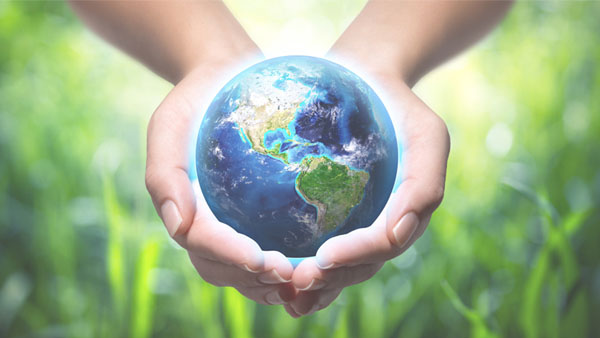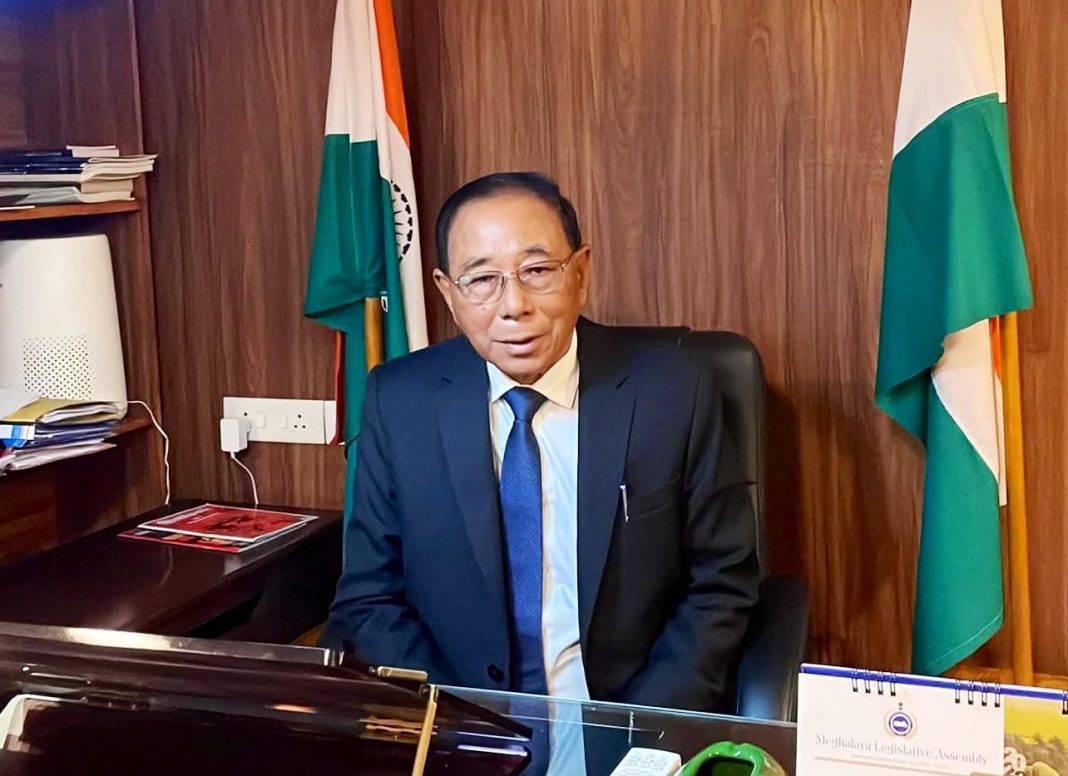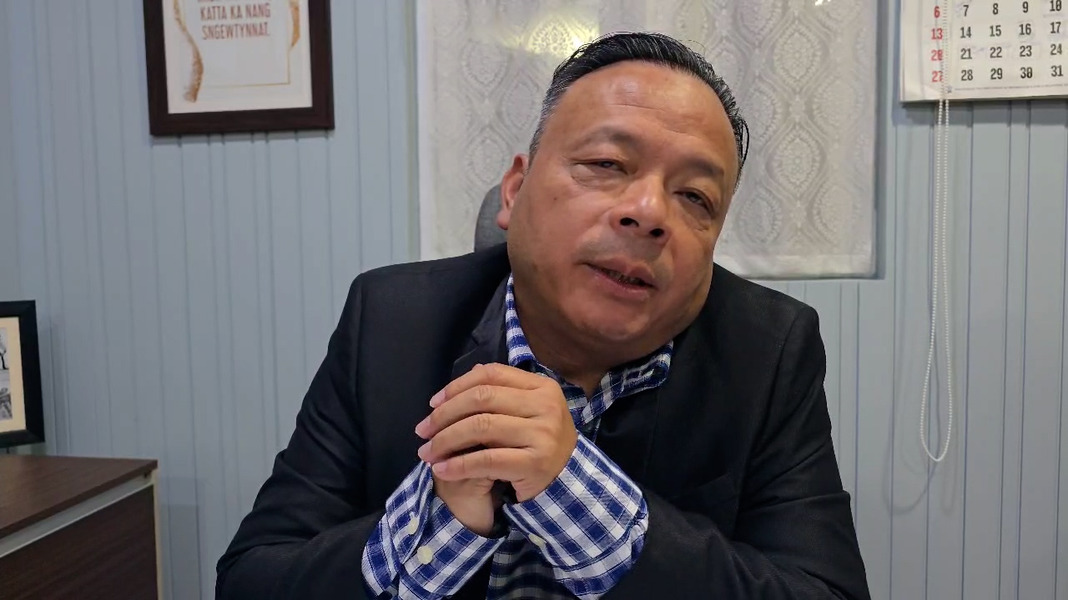By Satyabrat Borah
Forgiveness, often seen as a personal virtue, holds the potential to transform not only individual lives but also the global landscape. The concept of Kshamavani Parv, the Jain festival of forgiveness, extends an invitation to all, regardless of faith, to embrace the act of seeking and granting forgiveness. This practice, rooted in the principle of letting go of resentment and fostering goodwill, can serve as a powerful tool for resolving conflicts and nurturing peace on a global scale. While Jainism emphasizes forgiveness as a path to spiritual liberation, its universal appeal lies in its ability to transcend cultural and religious boundaries, offering a framework for addressing disputes, whether they are personal, communal, or international. By exploring the transformative power of forgiveness, we can envision a world where mutual understanding replaces hostility, paving the way for lasting harmony.
Forgiveness is about releasing the burden of anger and vengeance, creating space for reconciliation and healing. In personal interactions, this might mean mending a strained relationship or letting go of a grudge. On a larger scale, the same principle applies to nations, communities, and economies. The world today is fraught with tensions—border disputes, ideological conflicts, and economic rivalries threaten stability and human well-being. Consider the ongoing conflicts between nations like Russia and Ukraine, China and Taiwan, Israel and Palestine, or India and Pakistan. These disputes, often fueled by historical grievances, territorial claims, or political differences, have caused immense suffering. Yet, the act of forgiveness, when applied with sincerity, could serve as a radical departure from the cycle of retaliation, offering a pathway to dialogue and resolution.
The idea of forgiveness as a tool for peace is not merely theoretical. History provides examples where reconciliation has led to breakthroughs in seemingly intractable conflicts. The end of apartheid in South Africa, for instance, was marked by the Truth and Reconciliation Commission, where forgiveness played a central role in healing a divided nation. Perpetrators of violence were given the opportunity to confess and seek forgiveness, while victims were encouraged to share their stories and find closure. This process, though imperfect, demonstrated that forgiveness could bridge divides that once seemed insurmountable. Similarly, post-World War II Europe saw former enemies like Germany and France come together to form the European Union, a project rooted in mutual forgiveness and a shared commitment to peace. These examples illustrate that forgiveness, when coupled with goodwill and pragmatic action, can dismantle even the most entrenched animosities.
Applying forgiveness to contemporary global conflicts requires a shift in perspective. Take the Russia-Ukraine conflict, where years of fighting have led to devastating human and economic losses. A ceasefire, while a practical step, would only be sustainable if both sides were willing to engage in mutual understanding. This does not mean ignoring justice or accountability but rather creating a space where grievances can be aired, and solutions can be sought without the weight of past wrongs dictating the future. Forgiveness in this context might involve acknowledging the pain caused by both sides, fostering empathy, and committing to dialogue over destruction. Similarly, the tensions between China and Taiwan or India and Pakistan could benefit from a framework where forgiveness is prioritized over pride. By letting go of rigid positions and embracing mutual respect, these nations could move toward de-escalation and cooperation.
Economic conflicts, such as the recent tariff wars between major powers, also stand to benefit from the principles of forgiveness. Trade disputes, often driven by national interests and economic protectionism, can escalate into broader conflicts that harm global markets and livelihoods. The United States and China, for instance, have engaged in tit-for-tat tariffs that disrupted supply chains and increased costs for consumers worldwide. Resolving such disputes requires a willingness to step back from zero-sum thinking and embrace compromise. Forgiveness here might manifest as a mutual agreement to reduce tariffs, acknowledge the shared benefits of cooperation, and prioritize global economic stability over short-term gains. By approaching economic disagreements with a spirit of goodwill, nations can create a more interconnected and prosperous world.
Kshamavani Parv, celebrated annually by Jains, offers a profound lesson in this regard. On this day, individuals seek forgiveness from those they may have wronged, intentionally or unintentionally, and offer forgiveness to others. The phrase “Micchami Dukkadam” encapsulates this sentiment, meaning, “May all the evil that has been done be forgiven.” This practice is not about erasing accountability but about fostering an environment where relationships can be restored, and harmony can prevail. When extended to the global stage, this principle suggests that nations and communities can move beyond their grievances by acknowledging their shared humanity. Just as individuals on Kshamavani Parv set aside pride to seek reconciliation, nations could adopt a similar approach, recognizing that peace is a collective endeavor that benefits all.
The ultimate objectives of all religions provide a universal foundation for this approach. While religious traditions may differ in their practices and doctrines, they converge on the idea that human flourishing depends on compassion, empathy, and mutual respect. Forgiveness aligns with these principles, serving as a bridge between personal growth and societal harmony. However, as social beings, humans are shaped by diverse circumstances like different incomes, occupations and worldviews. These differences often lead to misunderstandings and conflicts. Forgiveness offers a way to navigate this diversity, not by erasing differences but by fostering a willingness to understand and coexist. In a world where people are divided by ideology, nationality, or economic status, forgiveness acts as a unifying force, reminding us that our shared humanity outweighs our differences.
The challenge of practicing forgiveness on a global scale lies in overcoming entrenched mistrust and the fear of appearing weak. Nations, like individuals, often view forgiveness as a concession, fearing it will diminish their authority or embolden their adversaries. Yet, true strength lies in the courage to let go of animosity and pursue peace. This requires leadership that prioritizes long-term stability over short-term victories. It also demands a cultural shift, where forgiveness is celebrated as a sign of resilience rather than vulnerability. Educational systems, media, and community leaders can play a role in promoting this mindset, emphasizing stories of reconciliation and the tangible benefits of forgiveness.
Forgiveness does not mean forgetting or condoning harm. It is a deliberate choice to move forward, to seek solutions rather than dwell on past wrongs. In the context of international relations, this might involve truth-telling mechanisms, reparative actions, or confidence-building measures. For example, in the Israel-Palestine conflict, forgiveness could pave the way for negotiations that acknowledge the pain of both sides while addressing practical issues like borders, security, and resource sharing. Such an approach requires humility and a commitment to justice, ensuring that forgiveness is not a one-sided act but a mutual process that respects the dignity of all parties.
The ripple effects of forgiveness extend beyond resolving specific conflicts. When nations model forgiveness, they set a precedent for individuals and communities to follow. A world where forgiveness is normalized is one where empathy and cooperation become the default response to disagreements. This cultural shift can influence everything from interpersonal relationships to global diplomacy, creating a virtuous cycle of peace and understanding. Kshamavani Parv, with its emphasis on universal forgiveness, serves as a reminder that peace begins with small, intentional acts of letting go.
In a world teetering on the edge of division, forgiveness emerges as a nuclear weapon for peace,not in its capacity to destroy, but in its power to heal and rebuild. By embracing the principles of Kshamavani Parv, humanity can chart a new course, one where conflicts are resolved not through force but through understanding. The path to global peace lies in recognizing that forgiveness is not a sign of weakness but a testament to our shared strength. As we navigate the complexities of modern life, with its diverse perspectives and competing interests, forgiveness offers a timeless solution.A solution that aligns with the deepest aspirations of all religions and the innate desire for a better, more harmonious world. By choosing forgiveness, we choose a future where peace is not just a possibility but a reality.




